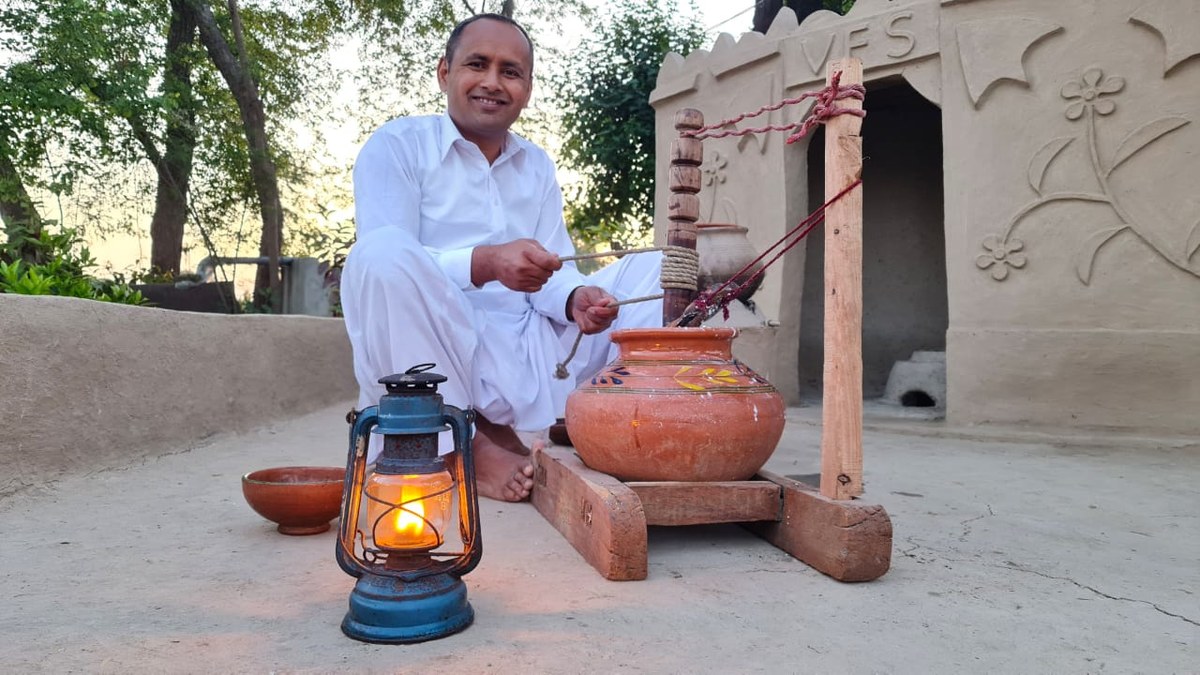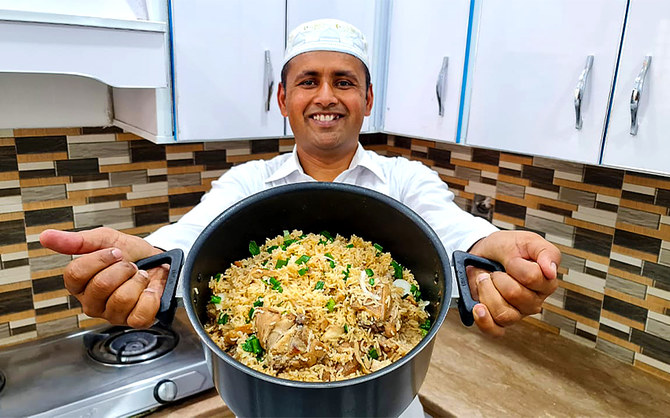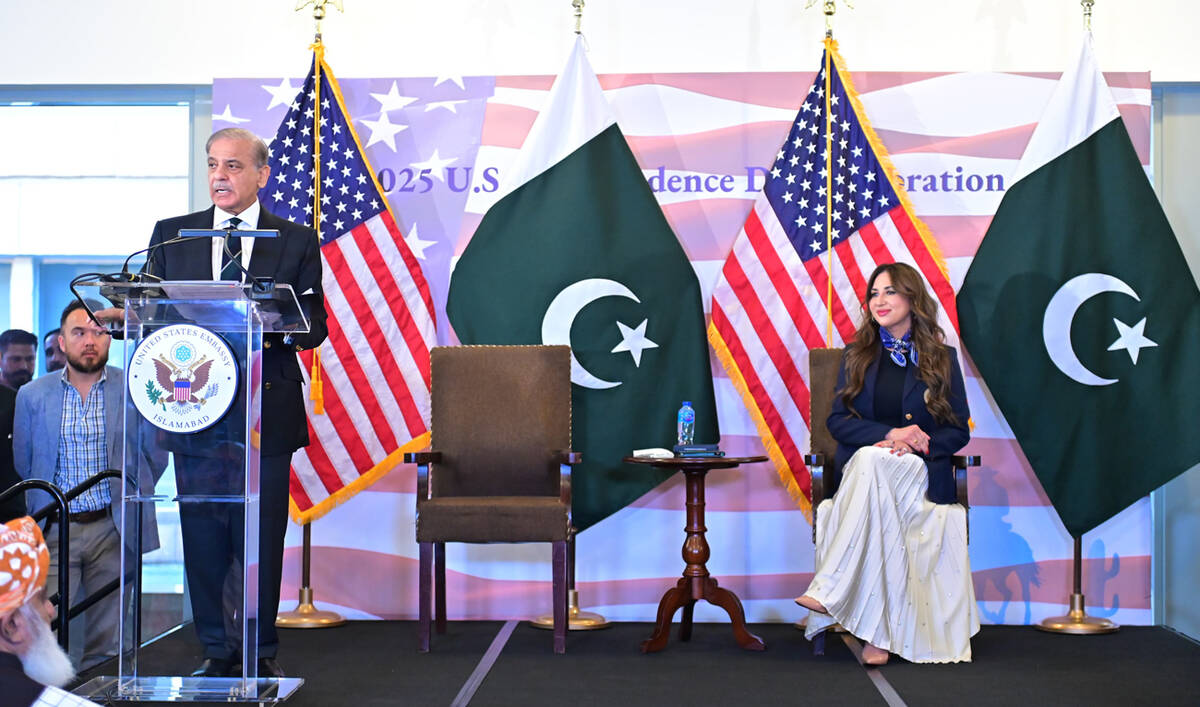KARACHI: Mubashir Saddique, a 36-year-old food vlogger from a village in Pakistan’s Punjab, has become an Internet sensation, with his reality cooking show ‘Village Food Secrets’ celebrated by YouTube last week as one of the platform’s most popular channels from Pakistan.
Saddique joined YouTube in January 2017 when there were no proper Internet facilities in his village of Shahpur, recording content with a mid-range smartphone and then traveling at least fifty kilometers out to Sialkot to edit and upload.
At the time, Saddique worked at a football factory in Sialkot, and returned home on weekends where he enjoyed cooking for his family — an activity he would go on to channel into YouTube content for Village Food Secrets. Since 2017, he has made 950 videos, and his channel has amassed around 460 million views as of last week.
“I learned cooking from my mother who is key to Village Food Secrets recipes,” Saddique told Arab News in an interview, adding that though he had tried creating dishes across cuisines, for his YouTube channel, he mostly focused on local dishes from his village, cooked and presented in earthenware. “I would go to the village and try to cook something new for my mother and father. They loved it.”
Like many in Pakistan, Saddique was inspired to join the social media platform to tap into its ever-growing audiences.

Pakistani chef, Mubashir Saddique prepares breakfast in traditional earthenware in Shahpur village, Pakistan, on April 10, 2021. (Photo courtesy: Village Food Secrets)
A 2019 profiling study by YouTube showed 73% Pakistanis who were online watched YouTube every month and 78% YouTube users in Pakistan said the platform was their first stop when looking for any kind of video.
“After four years of constantly creating inspiring content that showcased the idyllic Pakistani rural life and sharing his cooking skills, he [Saddique] has amassed over 2.84 million subscribers coming from different parts of the world,” YouTube said in a statement last week.
“Village Food Secrets provides a fresher alternative for his viewers with his portrayal of Pakistani’s beautiful countryside along with mouthwatering recipes rooted in village traditions,” YouTube added, saying the channel had enabled Saddique to financially support himself and his family, and put his village in the spotlight.
“His success on YouTube has benefited his village but more importantly, his success has become an inspiration for all Pakistanis,” the social media platform said. “People in surrounding villages are now coming to YouTube to create content, earn a living for their communities, and share their stories to YouTube’s global audiences.”
Saddique said he attributes the popularity of his YouTube channel to people from his village who first started sharing his videos at home and abroad.
“Village boys who were living in urban centers both in Pakistan and abroad made my videos viral and that is how popularity kept growing,” Saddique, whose subscribers mostly come from Pakistan, India, the United Kingdom and the United Arab Emirates, said.
To give back to the community, the vlogger now trains other aspiring bloggers from his village in cooking and content creation.
Now, once coronavirus travel restrictions are lifted, Saddique says he will travel to Saudi Arabia.
“As soon the travel restrictions are eased, I will go to Saudi Arabia first to perform Umrah,” Saddique said, “and then display my Arabic food cooking skills.”

















